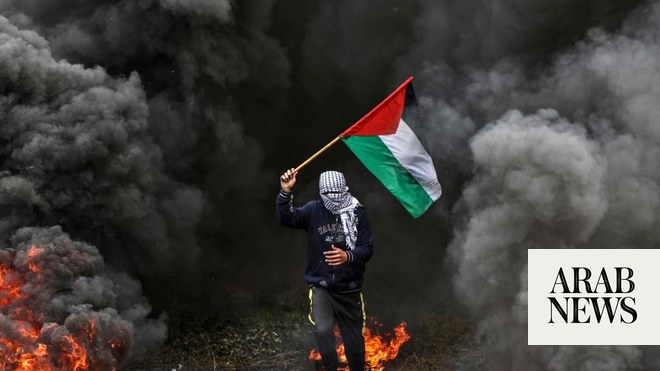
The Duke of York sported an array of military medals on a civilian morning suit as he joined a procession behind the Queen’s coffin amid claims British authorities protected him from US prosecutors investigating his ties to sex offender Jeffrey Epstein.
Prince Andrew has been told he cannot wear his military uniform for the events marking the passing of the Queen, save for a lying-in-state vigil to be held for his mother.
The royal, now eighth in line to the throne, was stripped of his military patronages and use of the HRH title after he paid a financial settlement to Virginia Giuffre, who had accused him of sexual assault, a claim he denied.
As the duke followed his mother’s coffin from Buckingham Palace to Westminster Hall on Wednesday, fresh reports linked to the scandal emerged from the US.
A former US attorney, Geoffrey Berman, who was leading the investigation, has claimed in a book published on Tuesday that US prosecutors were eager to talk to Andrew about his friendship with billionaire financier Epstein and Ghislaine Maxwell. Epstein’s former girlfriend was sentenced to 20 years in prison on sex-trafficking charges in New York in June.
The prince, Berman writes, “stated publicly that he would cooperate with the investigation, and we intended to give him a chance to make good on his word”.
But though Andrew “kept publicly saying that he was cooperating in the Epstein investigation”, Berman writes, that “was not true”.
After wrangling with lawyers, prosecutors then tried to compel the prince to cooperate using a mutual legal assistance treaty request via the US state department, Berman said, adding such requests had always worked both ways before.
“But that was not what happened with Prince Andrew,” he writes. “We got absolutely nowhere. Were they protecting him? I presume someone was.”
Andrew’s lawyers had rejected US accusations that he was not co-operating with the investigation. In 2020, Blackfords, the London-based criminal law specialists, claimed in a strongly worded two-page statement that the US Department of Justice (DoJ) had effectively rejected three offers of help volunteered by the prince.
Meanwhile, Twitter users expressed disbelief that the Duke of York will continue to be a counsellor of state, effectively an official stand-in for when the monarch is unable to perform duties.
The counsellors of state are rarely called upon, although King Charles and Prince William stood in for the Queen in the last state opening of parliament due to her mobility issues at the time.
King Charles does not appoint his counsellors of state, rather by law they must include the sovereign’s spouse and the next four people in the line of succession who are over the age of 21.
This means Princess Beatrice, the Duke of York’s daughter, is now a counsellor of state.
Many questioned why laws could not be rewritten to give more freedom of the selection of the counsellors of state so that Andrew might be stripped of the role and so that Princess Anne could step in.
Anne is unable to do this because when she was born, male heirs had first right to the throne over women – a rule known as male royal primogeniture.
In 2013, new legislation, the Succession to the Crown Act, scrapped this and gave women equal rights to men in the line of succession. The act applies to those born after 28 October 2011. As this law is not retrospective, Anne, 72, misses out.
Richard Fitzwilliams, royal expert, told the Guardian: “The law lays down that counsellors of state are as announced, the first four adults in the line of succession and the monarch’s spouse.
“There is a good reason to change it. After the death of Prince Philip when Prince Charles had Covid and Prince William was fleetingly abroad, it is unclear what might have happened if the Queen had been incapacitated.
“However, it can only be changed by parliament. With a younger monarch it makes the matter less urgent, but it should certainly be attended to.
“Prince Andrew has no future as a senior working royal, although reports indicate he is not reconciled to this. However, a funeral obviously involves those who have the right to grieve as a family and because of this I think this aspect of it has been appropriately handled.”












